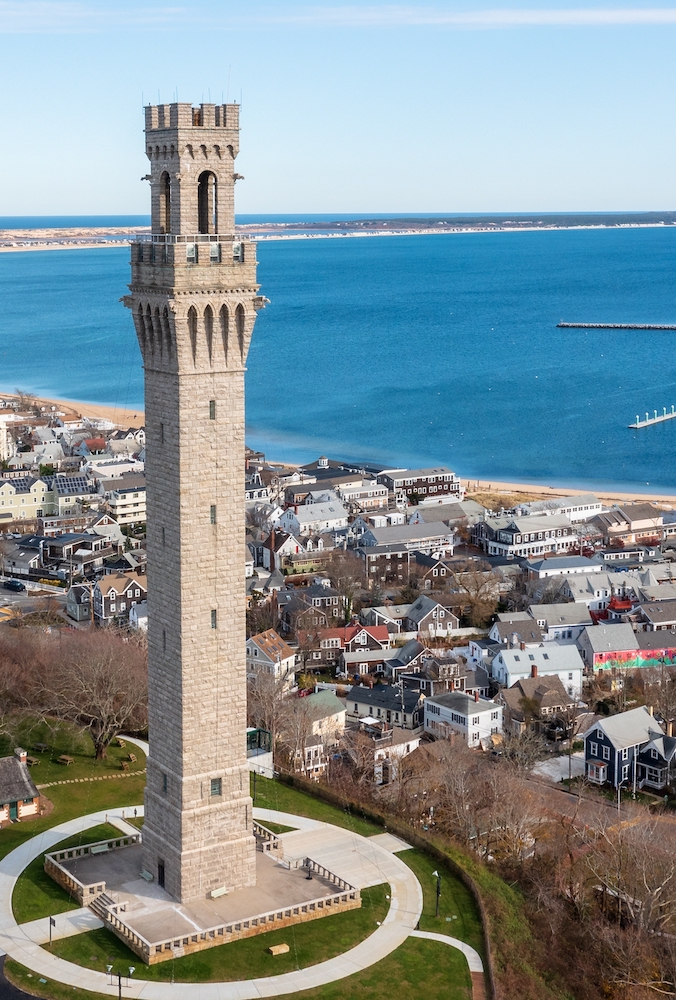Case Studies
NOAH has been called upon by nations across the globe to solve the world’s most critical water challenges. Our Case Studies tell the stories of representative challenges NOAH has tackled and the solutions we have brought to our clients.
The European Nation of Malta: Optimal Management of Water Resources and Assets for a Water Stressed Mediterranean Nation using AI Prediction and Multi-Objective Optimization
Challenge: Malta, a freshwater scarce Mediterranean nation facing growing demand and more extreme climate change induced droughts must optimally conjunctively manage two distinct water production sources: 1) relatively low-cost groundwater extracted from an over-exploited limestone aquifer diminished and threatened by saltwater intrusion/upconing, and 2) reverse osmosis plants that desalinate Mediterranean seawater but with substantially higher energy costs and greenhouse gas emissions.
Solution: NOAH developed a preliminary AI-based multi-objective decision support system to optimally balance groundwater extraction with reverse osmosis water production in accordance with three water management objectives; minimizing energy consumption, maximizing aquifer protection, and maximizing final blended water quality to the extent possible under weather related uncertainty.
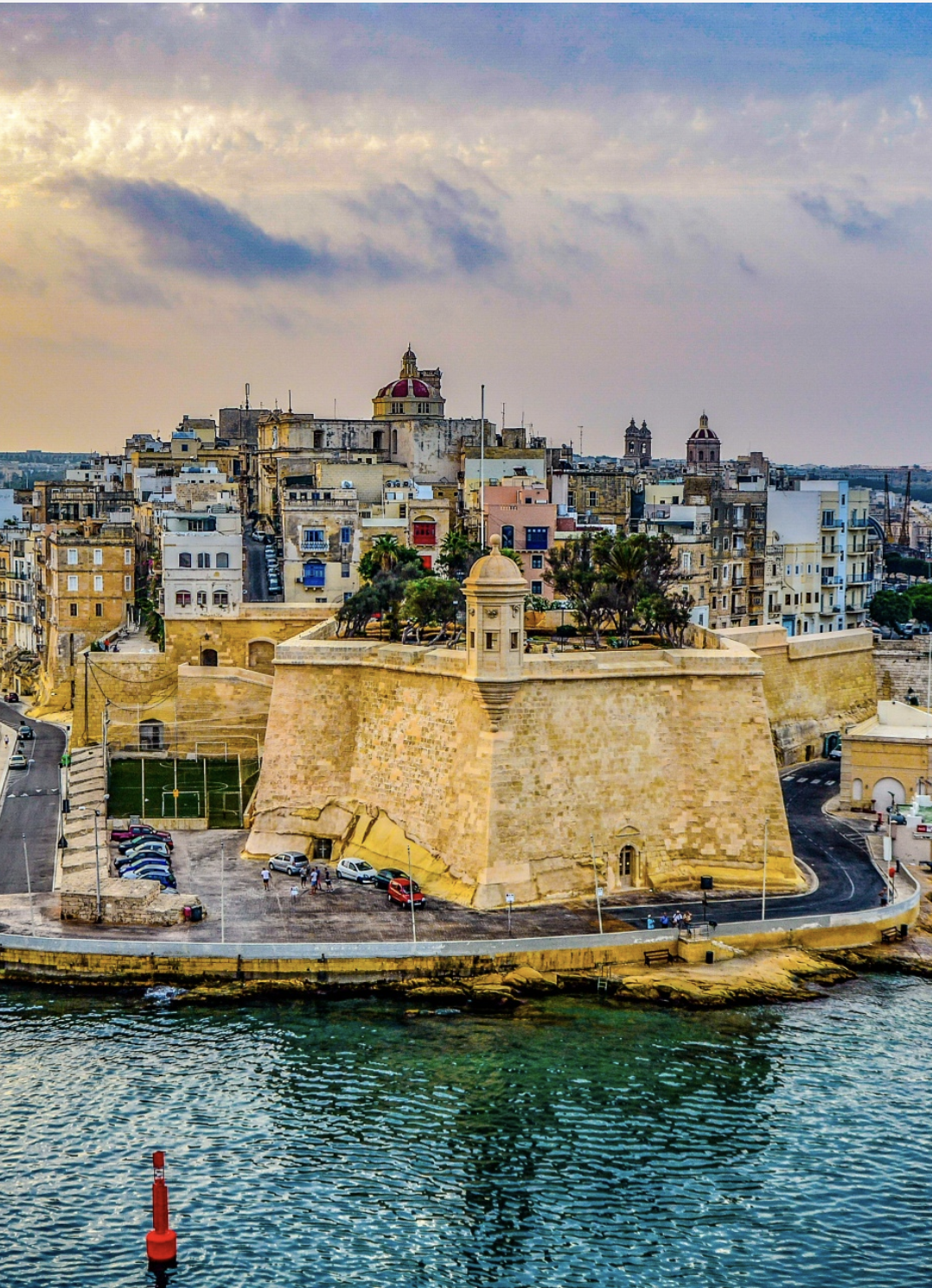

Tampa Bay, Florida: Managing a Public Supply Wellfield Subject to Strict Regulatory Groundwater Elevation Constraints with an AI Prediction Model.
Challenge: A large water utility must minimize adverse environmental impacts like wetlands dewatering associated with pumping of its major wellfield.
Solution: In a first of its kind modeling project, NOAH developed AI models to accurately predict highly variable groundwater elevations in a complex multi-layered groundwater system subject to varying degrees of influence from pumping and weather conditions.
Minqin Oasis, China: Groundwater Simulation of an Agricultural Region Suffering Desertification from Aquifer Overdraft with an AI Prediction Model.
Challenge: A large agricultural region in northwest China has suffered severe desertification and associated adverse economic, social, and environmental impacts due to aquifer overdraft induced by over-extraction of groundwater and surface water resources.
Solution: The Chinese government developed an AI prediction model that accurately simulated monthly groundwater elevations in the aquifer under a combination of variable groundwater, surface water, weather, and agricultural production conditions. NOAH was retained to visit the region and provide critical feedback on the AI model.
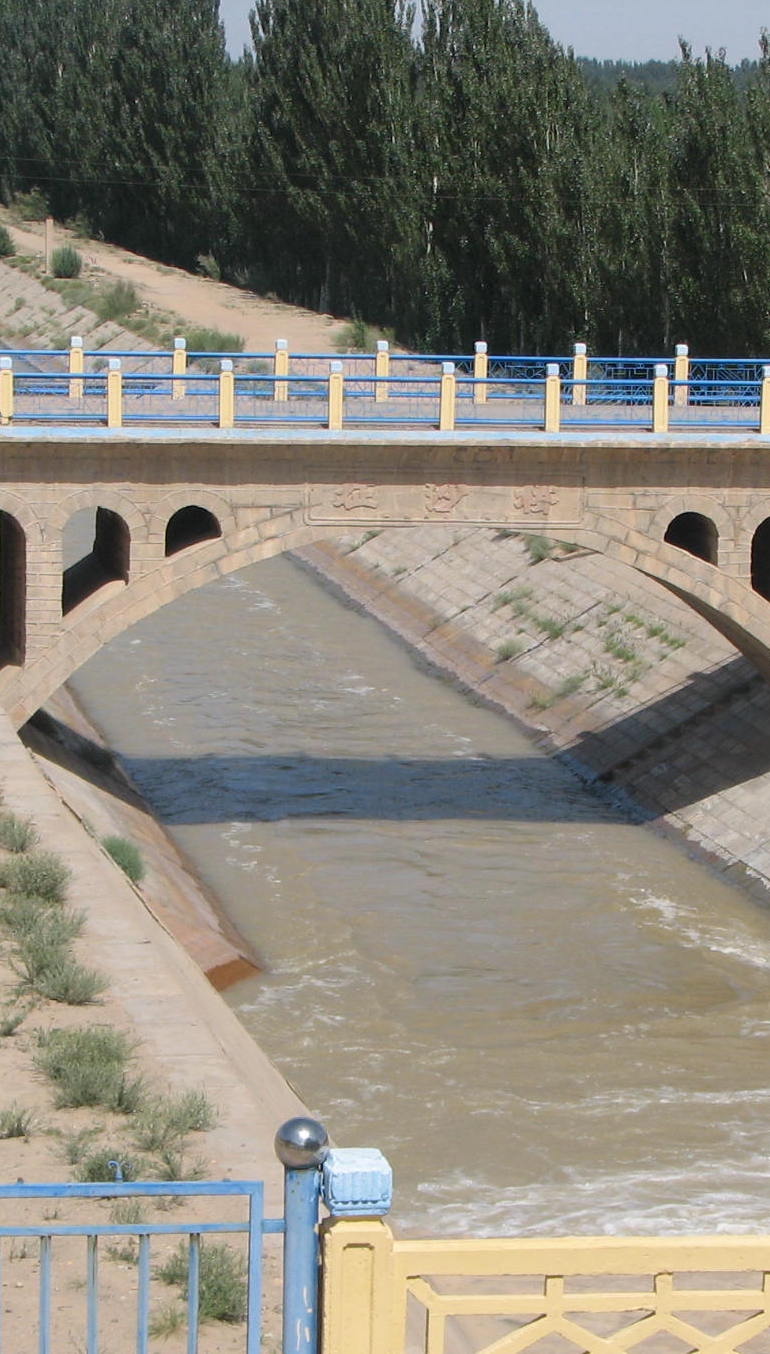
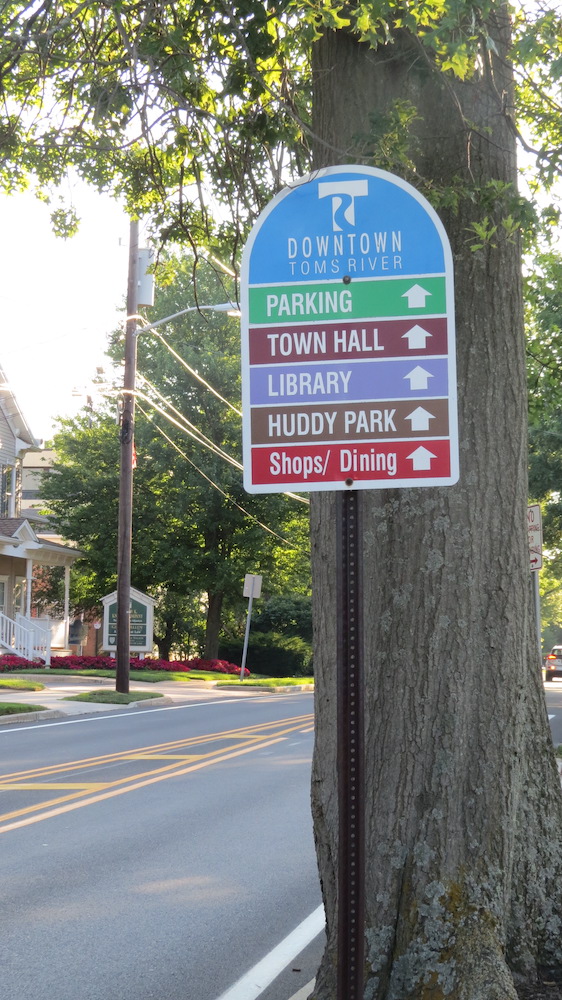
Toms River Parkway Wellfield, New Jersey: Optimally Balancing Public Wellfield Production with Wellhead Protection using an AI Prediction and Multi-Objective Optimization Model
Challenge: A community public supply wellfield is vulnerable to a potentially cancer-causing contaminant plume from a nearby Superfund site. The State of New Jersey sought to maximize total monthly extracted groundwater volume over a one-year planning period while minimizing its vulnerability to hydraulic capture of the plume.
Solution: NOAH developed an AI-based multi-objective optimization model that optimally balanced total wellfield groundwater extraction with wellfield vulnerability to contamination in accordance with the priorities and preferences of the stakeholders and decision makers.
State of New Jersey: A Streamflow Based Drought Index Forecasting System with AI Prediction Models
Challenge: A pro-active drought forecasting system was needed to predict expected streamflow conditions as a measure of potential drought status.
Solution: NOAH developed an early warning AI-based forecasting model that accurately predicts surface water flows from wet periods to extended dry periods in response to variable weather and hydrologic conditions.

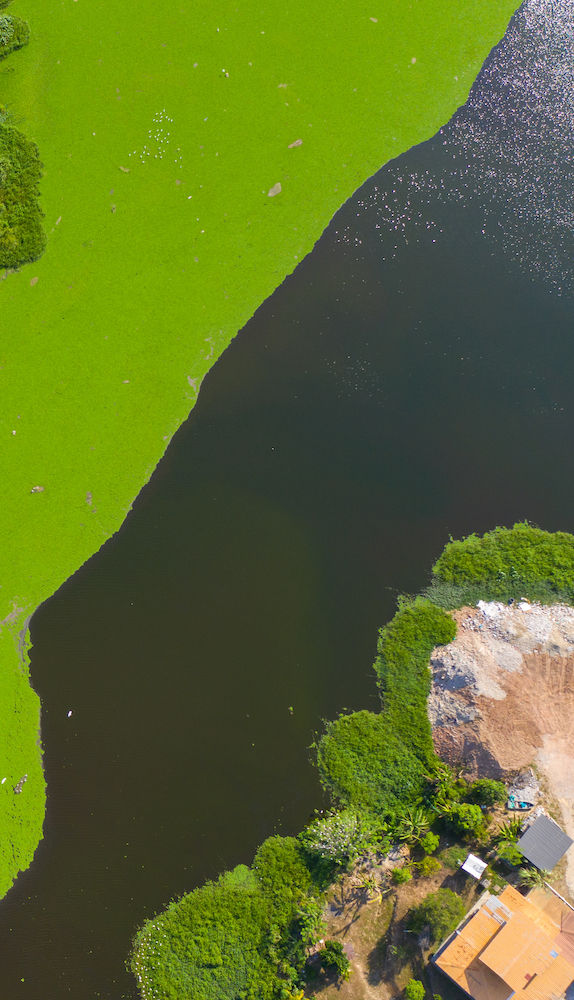
Passaic Valley Water Commission: Algae Bloom Forecasting in a Complex Surface Water Supply System using AI Prediction Models
Challenge: A large regional water utility wants to accurately forecast disruptive algae blooms in its surface water system so that timely and effective mitigation measures can be implemented.
Solution: NOAH developed AI models to accurately predict algae counts of three species in the complex surface water system for one and two-week ahead forecast horizons in response to variable weather, biological, chemical, and water quality conditions.
Provincetown, Massachusetts: Protecting a Public Supply Well from Saltwater Upconing with an AI Prediction Model
Challenge: A small coastal tourist community located on the Cape Cod peninsula must minimize saltwater upconing for its sole public supply well.
Solution: In a first of its kind study, NOAH developed an AI model to accurately predict highly dynamic chloride concentrations in the community’s groundwater aquifer in response to variable pumping, water quality, and weather conditions.
